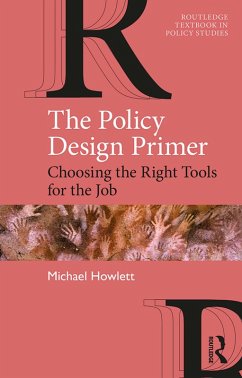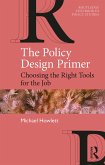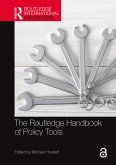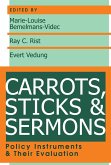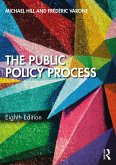- Examines the range of substantive and procedural policy instruments that together comprise the toolbox from which governments select specific tools expected to resolve policy problems,
- Considers the principles behind the selection and use of specific types of instruments in contemporary government,
- Addresses the issues of instrument mixes and their (re)design in a discussion of the future research agenda of policy design and
- Discusses several current trends in instrument use often linked to factors such as globalization and the increasingly networked nature of modern society.
This readily digestible and informative book provides a comprehensive overview of this essential component of modern governance, featuring helpful definitions of key concepts and further reading.
This book is essential reading for all students of public policy, administration and management as well as more broadly for relevant courses in health, social welfare, environment, development and local government, in addition to those managers and practitioners involved in Executive Education and policy design work on the ground.
Dieser Download kann aus rechtlichen Gründen nur mit Rechnungsadresse in A, B, BG, CY, CZ, D, DK, EW, E, FIN, F, GR, HR, H, IRL, I, LT, L, LR, M, NL, PL, P, R, S, SLO, SK ausgeliefert werden.
"How might governments choose the most appropriate tool for achieving desired policy goals and objectives? How might they uncover innovative and durable solutions? Howlett's The Policy Design Primer: Choosing the Right Tools for the Job provides, in one place, the critical theoretical, conceptual and analytical tools for making informed decisions in a highly complex and globalized world. The book is must reading for government and bureaucratic officials seeking to manage complex problems that often demand, and can benefit from, drawing on procedural tools that integrate key stakeholders into public management design and practice, and substantive instruments that can steer policy subsystems towards meaningful results. A tour deforce in its integration of conceptual breadth, analytical scope and practical insights." - Professor Benjamin Cashore, Yale University, USA.

